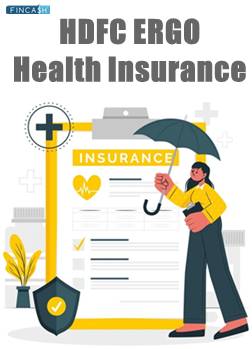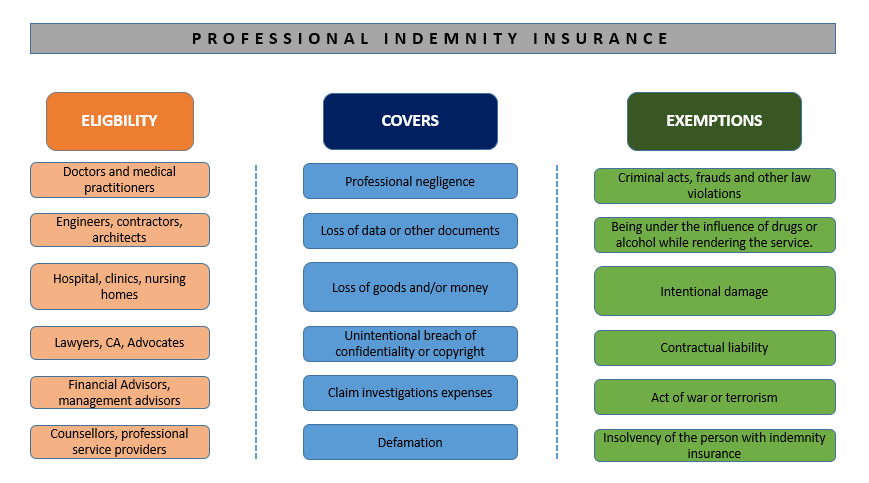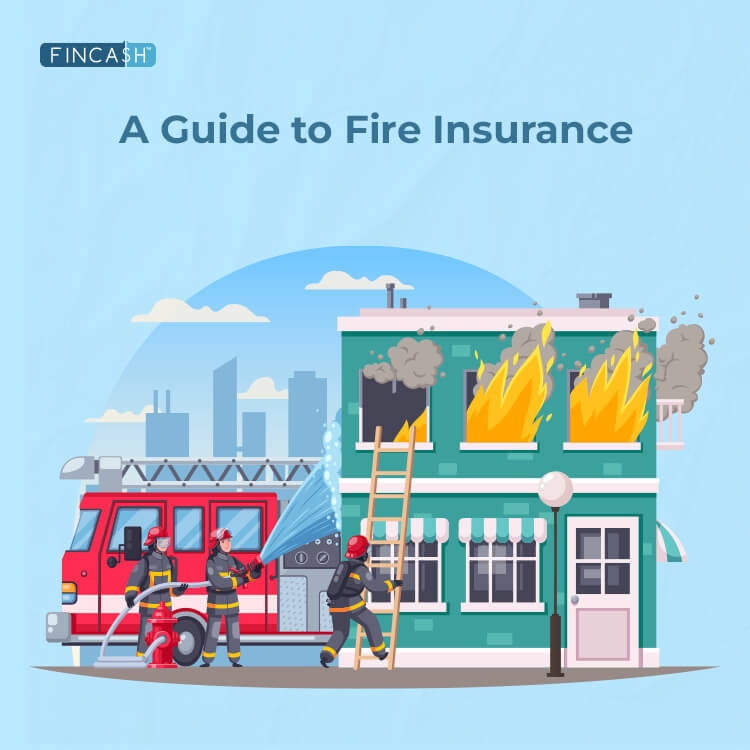
Table of Contents
Insurance Claim
A policyholder's request to an insurer for compensation or coverage for a policy event or a covered loss is known as an insurance claim. The insurance provider verifies the claim before approving or denying it. If the claim is approved, the insurance provider pays the insured or the nominee on behalf of an insured person. Insurance claims cover almost everything, from Life Insurance to death benefits, routine medical tests, etc.

A third party can file claims on the insured individual's behalf in certain instances. But, in most circumstances, only the policyholders are eligible to receive payouts.
Insurance Claim Process
Here is the step-by-step guide to an Insurance Claim process:
- Inform the insurance provider about the damage
- Capture photographs as valid proof for verification
- Submit the required documents as asked by the insurer and the form as specified by them
- Ask the insurer to send a surveyor for the verifications
Insurance Claim Settlement
Claim settlement is the procedure through which an insurer compensates a policyholder for an accident or vehicle injury. A settled insurance claim protects a policyholder from financial loss during an emergency.
Some of the most popular insurance claims are:
- Costs for medical services and products
- Physical harm
- Loss of life
- Liability for residence ownership (landlords, homeowners, and renters)
- Liability due to the operations
Despite the magnitude of an accident or who's at fault, the insurance claims you file are influenced by the cost you pay to obtain coverage for the policies. The higher the number of claims submitted by the policyholder, the higher the chances of increasing its rate. If you are filing several claims, your insurance provider may decide to refuse your coverage. If you file a claim for damage caused by yourself, your rates will surely rise. If you're not at fault, your rates may well not rise. For instance, being hit from behind while your vehicle is parked or getting the sidings of your house blown off after a storm is not the policyholder's fault.
Even if the recent claim was for the damage that you didn't cause, mitigating scenarios, like the number of previous claims you have filed, speeding tickets you received, the frequency of natural calamities in your area (hurricanes, earthquakes, floods, etc.), and even a poor credit rating could lead to increased rates. Not all insurance claims are created equal when it comes to rating increases. Slip-and-fall injury claims, dog bites, slip-and-fall injury claims, water damage, and mould can alert an insurer to possible future responsibility. Such factors have a detrimental impact on your premiums and the desire of your insurer to continue Offering coverage.
Talk to our investment specialist
Types of Claims in Insurance
Here are the main types of insurance claims that are available from any insurer:
Health Insurance Claims
Surgical procedures or hospital stays are outrageously expensive. health insurance protects you from such financial hardships that could otherwise be crippling. The bulk of medical claims is judged electronically. An insurance claim is meant to protect you from the threat of significant financial problems resulting from an accident or disease.
Property and Casualty Claims
A house is usually one of the most expensive items a person can buy. The policyholder is held responsible for reporting damage to the given property. An insurer first inspects and then assesses property damage for payment to the insured, depending on what type of claim. The insurance adjuster begins paying or reimbursing the insured after verifying the damage.
Vehicle Insurance Claim (Including Car Insurance Claim)
Claims under a vehicle insurance plan are for somebody else's property damage or bodily injury. This is known as a third-party insurance claim. Another one is related to damage to your vehicle. This is referred to as your damage claim and is available if you have comprehensive or package coverage.
Life Insurance Claims
A claim form, a certificate of death, and, in some cases, the original policy must be submitted with a life insurance claim. The process may need an in-depth assessment by the carrier, particularly for extensive Face Value policies, to determine that the insured's death did not fall under a contract exclusion, such as suicide or death caused by a criminal act. The process usually takes 30 - 60 days without aggravating circumstances, giving beneficiaries the financial means to replace the deceased's Income or merely cover funeral costs.
Conclusion
If you have an insurance policy and have suffered damages covered by it, you should contact your insurer to file a claim. This can be done over the phone or, more and more, online. The insurer will collect pertinent information from you and may request evidence or supporting documents once the claim has been started. An adjuster from the insurer may also visit you to interview you and assess the merits of your claim.
All efforts have been made to ensure the information provided here is accurate. However, no guarantees are made regarding correctness of data. Please verify with scheme information document before making any investment.












